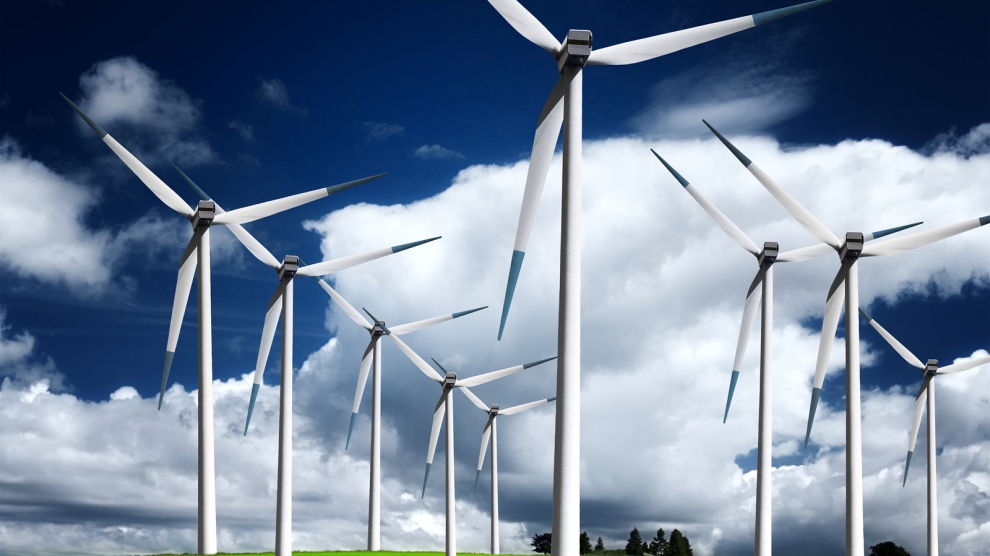According to a recent report by Slovenia’s national regulator, the Energy Agency, the country’s share of electricity coming from renewable sources increased to 21.8 per cent in 2018, a rise of 3.4 per cent since 2005. The report also detailed that renewables-based power made up 34.5 per cent of Slovenia’s total energy output, increasing at a rate of five per cent per annum.
These positive figures come as Slovenia’s renewable support scheme, established in 2009, has been providing funds and incentives for over 2,500 producers and 3,859 production facilities. In 2018, the scheme supported 135.1 million euros in payments for the renewables sector, although this is down five per cent in comparison with 2017.
Despite positive growth figures, further improvements are needed if the government is to reach the 25 per cent target set by the EU for 2020. The transport sector came in at 4.7 per cent behind its 10.5 per cent target, and coal fired power still makes up 29 per cent of energy production.
The regulator’s report suggests that these numbers do not reflect Slovenia’s true potential as a renewable powerhouse. The country’s renewable sector is variable to market factors, such as the price of emission coupons as well as regional competitive forces.
The European Commission has set a target of 37 per cent by 2030 and has called for the Slovenian government to take action to ensure this is reached. This includes improving investment opportunities and strategies, taking action to specify cost-efficient policies to ensure efficiency. The commission has also encouraged Slovenia to diversify in order to meet energy security objectives. Reducing dependency on certain sectors, establishing flexibility as well as further market integration are all key in paving the way forward for a cleaner future. A macro-regional approach has also been encouraged, the view of coordination towards helping the wider ecosystem can further reduce the region’s carbon footprint on a holistic level.
The commission’s vice president Maroš Šefčovič has said that Slovenia’s trajectory towards a renewable future fosters a positive environment for clean technology and innovation. He claims that this creates business opportunities as well as mitigates an unhealthy dependency on fossil fuels, suggesting “I can see Slovenia as a regional catalyst in this field.”

